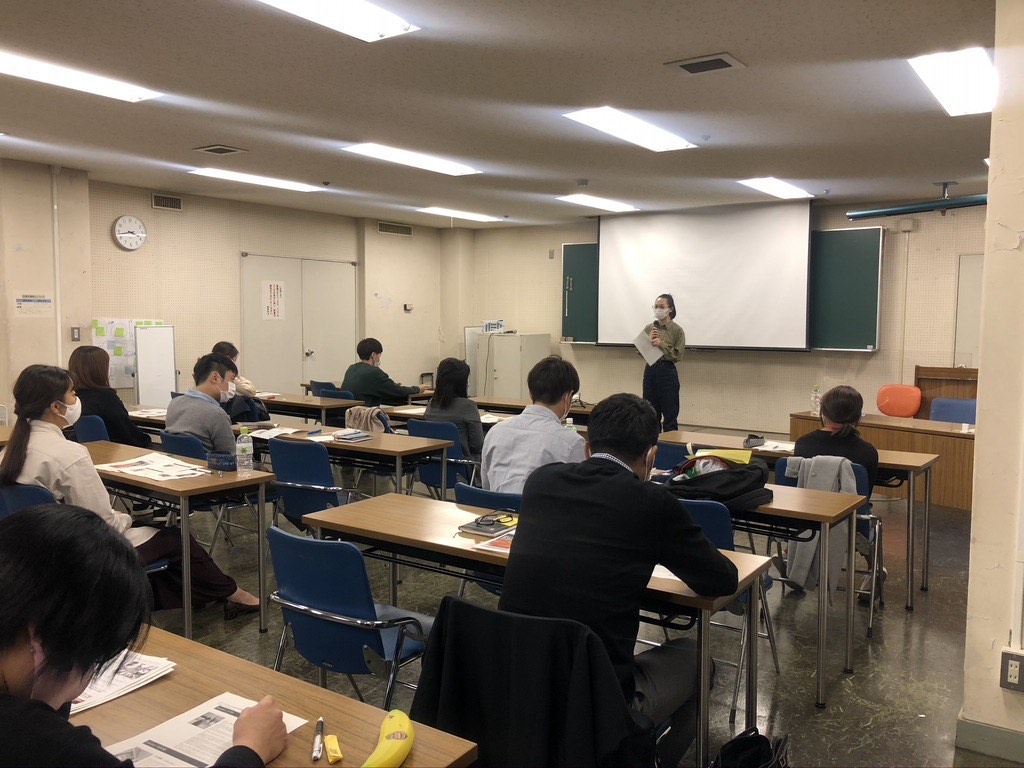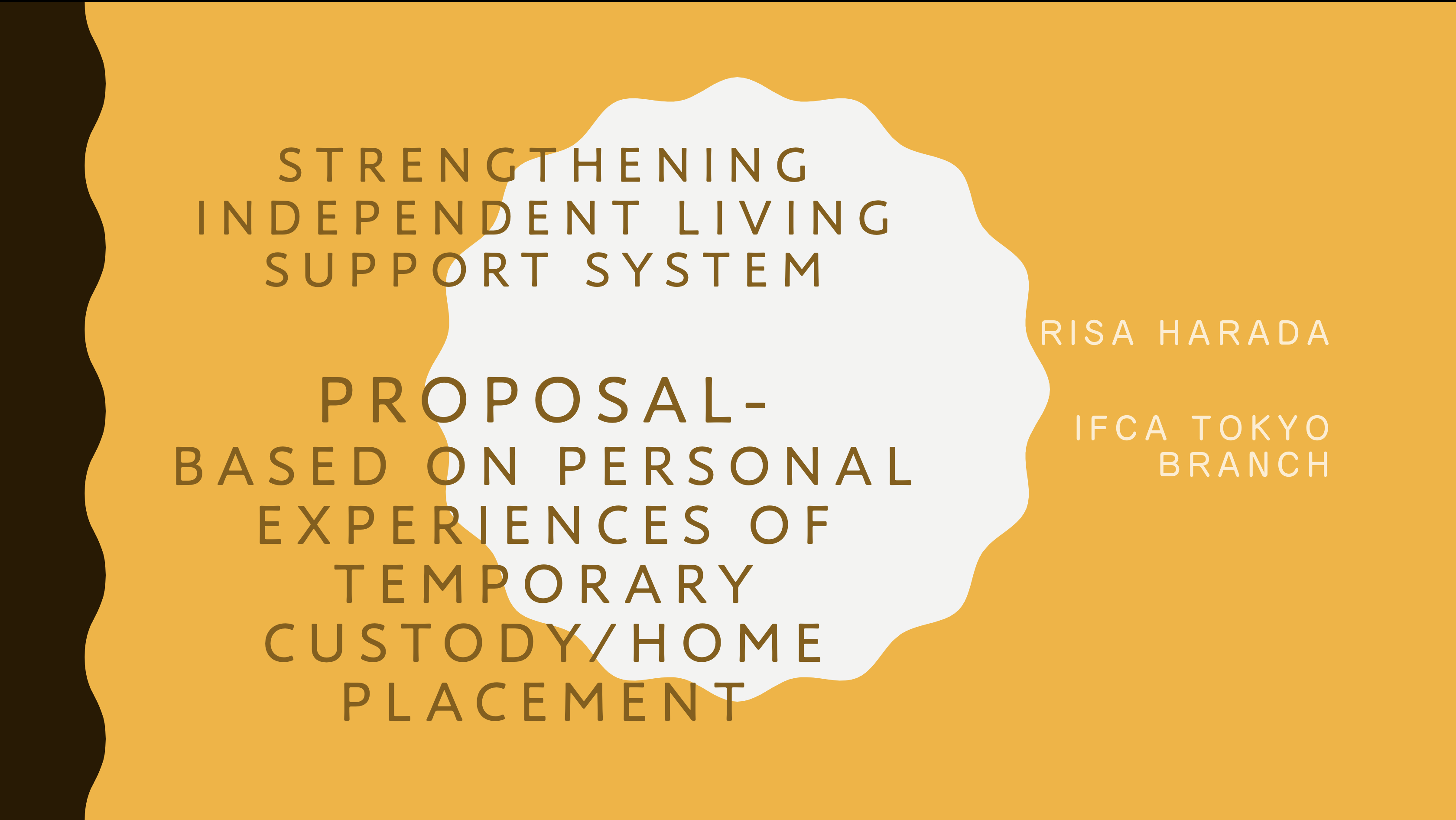S.Y.
1) For me, aging out of the foster care system was to begin a new life chapter, and at the same time, was to say goodbye to my past. Looking back, I realize that this was only one of the many goodbyes that I experienced in my life…when I left the United States, when I was placed in a children’s group facility from my parent’s home, and when I moved from the children’s facility to an independent support home. Saying goodbyes was always a part of my life.
Two years ago, I finally had to “age out” of the independent support home to be an adult. Not knowing what the future would hold, I left my room with feelings of both anticipation and unease. After my departure from the independent support home, I had to go through hardships such as unemployment and a loss of connection with society. However, since I did not give up on pursuing my goals, I am currently leading an active life style by participating in various activities including IFCA’s foster youth project.
In retrospect, “aging out” of foster care meant not only a separation from my own close relationships and familiar environments, but also a start of my brand new life (whether or not it was a good thing]. The only difference that I experienced from the “aging out” process was the fact that I was expected to do almost every thing on my own since I was supposed to be an independent adult.
2) I can’t really remember what I presented during the IFCO Workshop. If I can change one thing about circumstances surrounding leaving foster care, I would give more necessary resources to foster youth and alumni. (I think that I mentioned this. However, I am sorry if that was incorrect. ] For example, a youth may have to stop working due to a serious illness,that could mean the end of the world for him. Youth needs places to go home to and adults who can be relied upon.








Leave a Reply